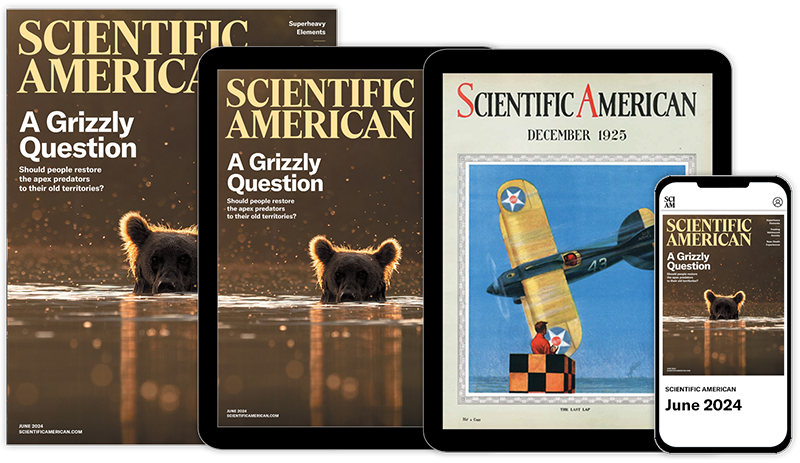
Why Great Storytellers Find Life More Meaningful
People who are rated as good storytellers exhibit a purpose-oriented mindset and big-picture thinking more often than others

Why Great Storytellers Find Life More Meaningful
People who are rated as good storytellers exhibit a purpose-oriented mindset and big-picture thinking more often than others

Cutting a Parent Out of Your Life Isn’t Always the Right Solution
Popular culture paints going “no contact” as the best way to deal with hard family relationships. But it’s not always the right choice

Read all the stories you want.

Making a Pledge Can Encourage Honest Behavior—If the Wording Is Right
Can taking a simple oath make you more trustworthy? That depends a lot on its exact wording

Which Knot Is Stronger? Humans Aren’t Great Judges
People are surprisingly bad at guessing knot strength, a study found

New Psychotherapies That Focus on Positive Experiences Could Better Treat Depression and Anxiety
These novel treatments help people with depression and anxiety find joy in life

Understanding Your Introverted Kid’s Needs Will Help Them Succeed
There is nothing wrong with quieter, introverted kids. Recognizing what makes them tick can help them confidently navigate an extroverted world

The Psychology of ‘Shared Silence’ in Couples
The right kind of silence can be golden, revitalizing and strengthening a relationship

The Hidden Costs of Men’s Social Isolation
When men suffer social isolation, women may pay the price, too

Love Isn’t Just about Romance. Here’s How Nonromantic Bonds Shape Our Lives
Valentine’s Day often focuses on romance, but deep friendships deserve love, too. Here’s why they matter.

Men Actually Crave Romantic Relationships More Than Women Do
Multiple-study analysis looks at why men’s emotional intimacy is much more difficult outside of romantic relationships

Avoiding Outrage Fatigue while Staying Informed
Outrage fatigue can wear us down—but we can take care of ourselves in an onslaught of overwhelming news.

Can Hopeful Skepticism Replace Harmful Cynicism?
Giving in to cynicism makes us less trusting, less connected, and even less physically and mentally healthy.